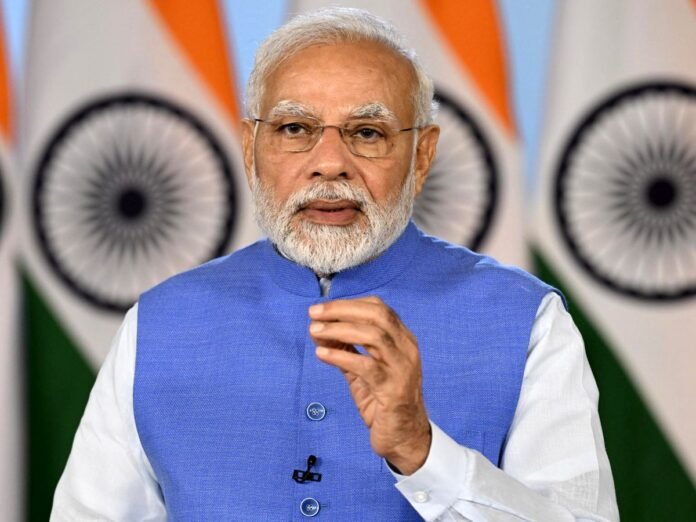
In a significant stride towards bolstering Delhi’s public transportation infrastructure, Prime Minister Narendra Modi is set to lay the foundation for two new corridors as part of the Phase 4 expansion of the Delhi Metro. Scheduled for today, this event marks a pivotal moment in the capital’s journey towards enhanced connectivity, improved mobility, and sustainable urban development. Let’s delve into the details of this ambitious project and its implications for the city’s residents and commuters.
The Delhi Metro has long been hailed as a lifeline for the city, easing traffic congestion, reducing pollution, and providing a safe and efficient mode of transport for millions of commuters daily. With Phase 4, the metro network is poised to undergo a substantial expansion, further extending its reach and accessibility across various parts of Delhi and its neighboring regions.
The two corridors for which the foundation stone will be laid are the Aerocity-Tughlakabad corridor (Silver Line) and the Rithala-Narela corridor (Pink Line). These corridors are strategically planned to connect densely populated areas, commercial hubs, educational institutions, and upcoming residential developments, catering to the diverse transportation needs of Delhi’s burgeoning population.
The Aerocity-Tughlakabad corridor, spanning approximately 23 kilometers, will traverse key locations such as Aerocity, Vasant Kunj, Kalkaji Mandir, and Tughlakabad, significantly improving connectivity in South Delhi and easing travel for residents and commuters in these areas. This corridor is expected to provide a seamless link between the Indira Gandhi International Airport and the rapidly growing suburbs of Tughlakabad.
On the other hand, the Rithala-Narela corridor, stretching over 21 kilometers, aims to connect northwest Delhi with Narela, a rapidly developing residential and industrial hub. This corridor will pass through densely populated areas such as Rohini, Bawana, and Alipur, catering to the transportation needs of residents and commuters in these areas and facilitating smoother travel between the northern and central parts of the city.
The Phase 4 expansion of the Delhi Metro holds immense promise in addressing the ever-growing demand for reliable and efficient public transportation in the capital. By extending metro connectivity to underserved areas and facilitating intermodal integration with other modes of transport, such as buses and suburban railways, the project aims to reduce travel time, enhance accessibility, and promote sustainable mobility solutions.
Moreover, the expansion of the Delhi Metro is expected to have far-reaching benefits beyond just transportation. It is anticipated to spur economic growth, attract investments, and create employment opportunities along the corridors, contributing to the overall development and prosperity of the region. Additionally, by encouraging modal shifts from private vehicles to public transport, the project aligns with the government’s efforts to combat air pollution and mitigate the adverse effects of climate change.
However, it is essential to acknowledge that the implementation of such large-scale infrastructure projects comes with its own set of challenges and considerations. Issues such as land acquisition, environmental impact assessment, and urban planning need to be addressed effectively to ensure the seamless execution and sustainable operation of the new metro corridors. Furthermore, efforts must be made to prioritize the safety and convenience of commuters, incorporate universal design principles, and promote inclusivity and accessibility across the metro network.
As Delhi gears up for the foundation stone laying ceremony of the two new metro corridors, it underscores the city’s commitment to embracing innovative solutions for its evolving transportation needs. The Phase 4 expansion of the Delhi Metro represents a significant milestone in the journey towards building a world-class urban transport system that is efficient, reliable, and environmentally sustainable.
In a nutshell, the upcoming inauguration of the Aerocity-Tughlakabad and Rithala-Narela corridors by Prime Minister Narendra Modi heralds a new era of connectivity and mobility for Delhi. As the city embarks on this transformative journey, it reaffirms its status as a dynamic metropolis committed to fostering inclusive growth, sustainable development, and a better quality of life for its residents.
